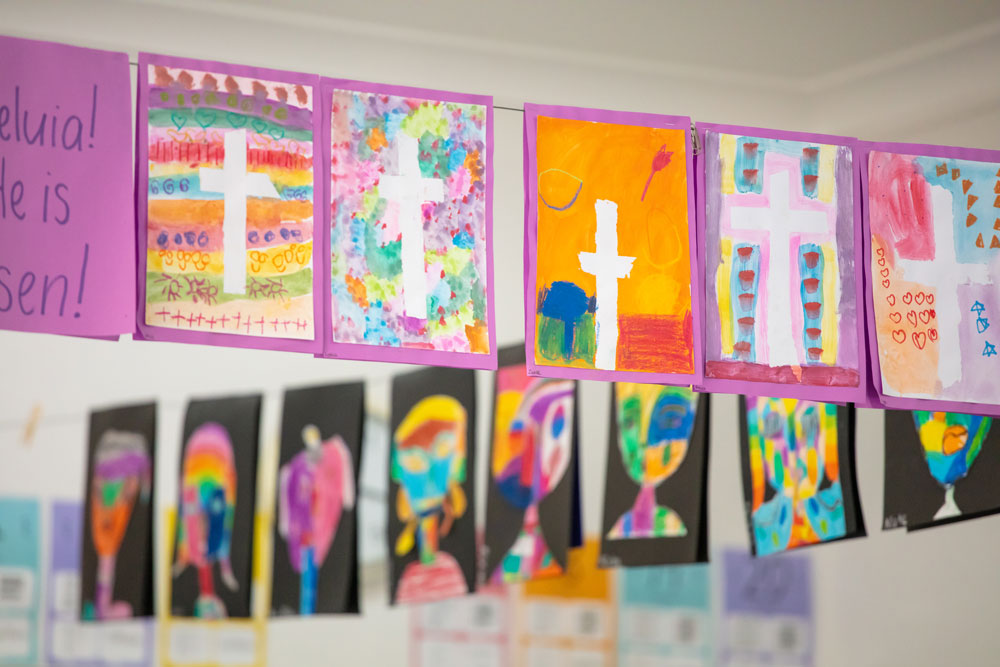Religious Education
Home » Religious Education
Religious Education is a mandatory subject for all students K-6
One of the features of St Joseph's Primary School is the rich religious education programs which are an integral part of all our schools from Kindergarten to Year 6. The Bishop of Armidale, as chief pastor, mandates our religious education programs and ensures that they are theologically sound and provide a rich foundation for growth in the faith for all students.
While recognising that parents are the first educators of their children in faith, the Armidale Diocese Religious Education curriculum enables young people to see and respond to God in their lives.
The pedagogical and theological underpinnings of Religious Education in schools across the Diocese of Armidale is founded in the Emmaus Story (Luke 24:13-35), a post-Easter story where two of Jesus’ disciples encounter the risen Christ on the road to Emmaus.


Give your child the best education at
St Joseph's Primary School, Uralla
Contact the friendly staff at St Joseph's Primary School, Uralla today!

















